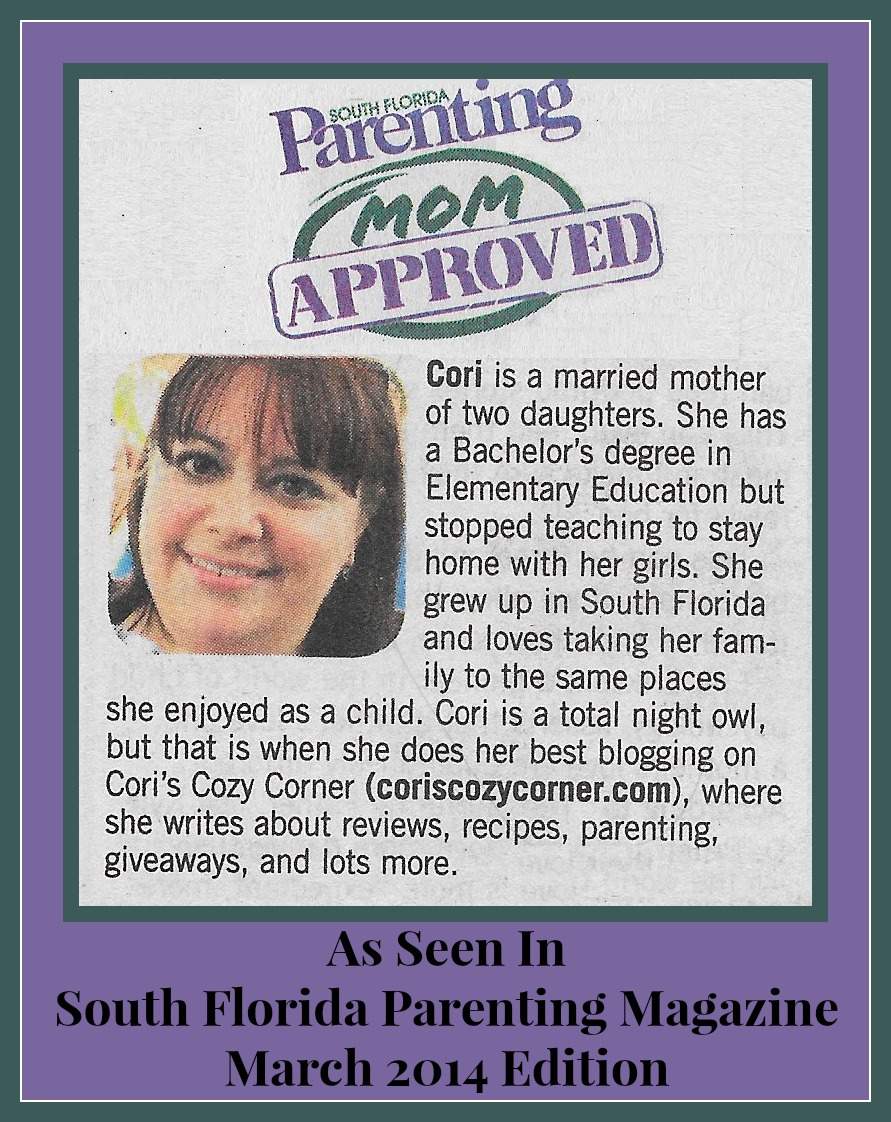 Photo by Blue Bird from Pexels
Photo by Blue Bird from Pexels
In your eyes, your pooch will always be young – and you may not even notice the aging process taking place. However, the day will come when you may spot that your beloved dog is starting to slow down, which is one of the key signs of aging. Dogs are typically grouped by breed when it comes to being classed as ‘senior’ – larger dogs are considered senior around the age of eight, while smaller breeds are usually around the age of 10. Similar to humans, aging is a steady process that starts with very small changes in their physical abilities and behavior, but by giving them the best care, you can ensure they have the best quality of life when they reach their golden years. Here are several tips below on taking care of your senior dog:
Make regular visits to the vets
It would be wise to visit the vets at least twice per year to carry out a wellness examination to monitor their general health and wellbeing. As your dog ages, its immune system will deteriorate, leaving them more vulnerable to a number of illnesses and health complications. Regular Vets in Fort Myers check-ups will ensure that any abnormalities are caught early to prevent a decline in health before taking the recommended routes to give your pooch the best possible care in their older years.
Stick to a healthy diet
Your dog’s diet will play a major role in maintaining good health as they age. The vitamins and nutrients consumed are necessary to prevent health complications and boost their immune system to fight off illness and diseases. Older dogs are at a much higher risk of obesity due to lack of movement; therefore, a balanced diet with low fat and processed ingredients would be highly recommended.
Adapt your dog’s activity levels
Now that your dog is slowing down, they’ll have much less energy than they once did which may mean adapting their exercise routine. It doesn’t mean that walks will come to a halt, but it may be a case of reducing the amount of exercise they need per day. Older dogs are much less excitable when it comes to activity, so pay attention to their behavior and don’t push them to walk more than they can manage.
Don’t neglect dental care
Older dogs are far more susceptible to tooth complications; therefore, it’s essential to stay on top of their oral hygiene as they age. Gum disease and broken and rotten teeth are some of the most common issues with older dogs, leading to significant pain and infection. Check your dog’s teeth regularly – especially bad breath, with the latter a sign of poor oral hygiene that needs immediate vet care. A vet should be able to spot tooth and gum issues immediately; however, it would be wise to maintain your pooch’s oral hygiene at home to prevent severe complications. Use a finger brush and dog toothpaste to keep your pooch’s teeth healthy.






Speak Your Mind